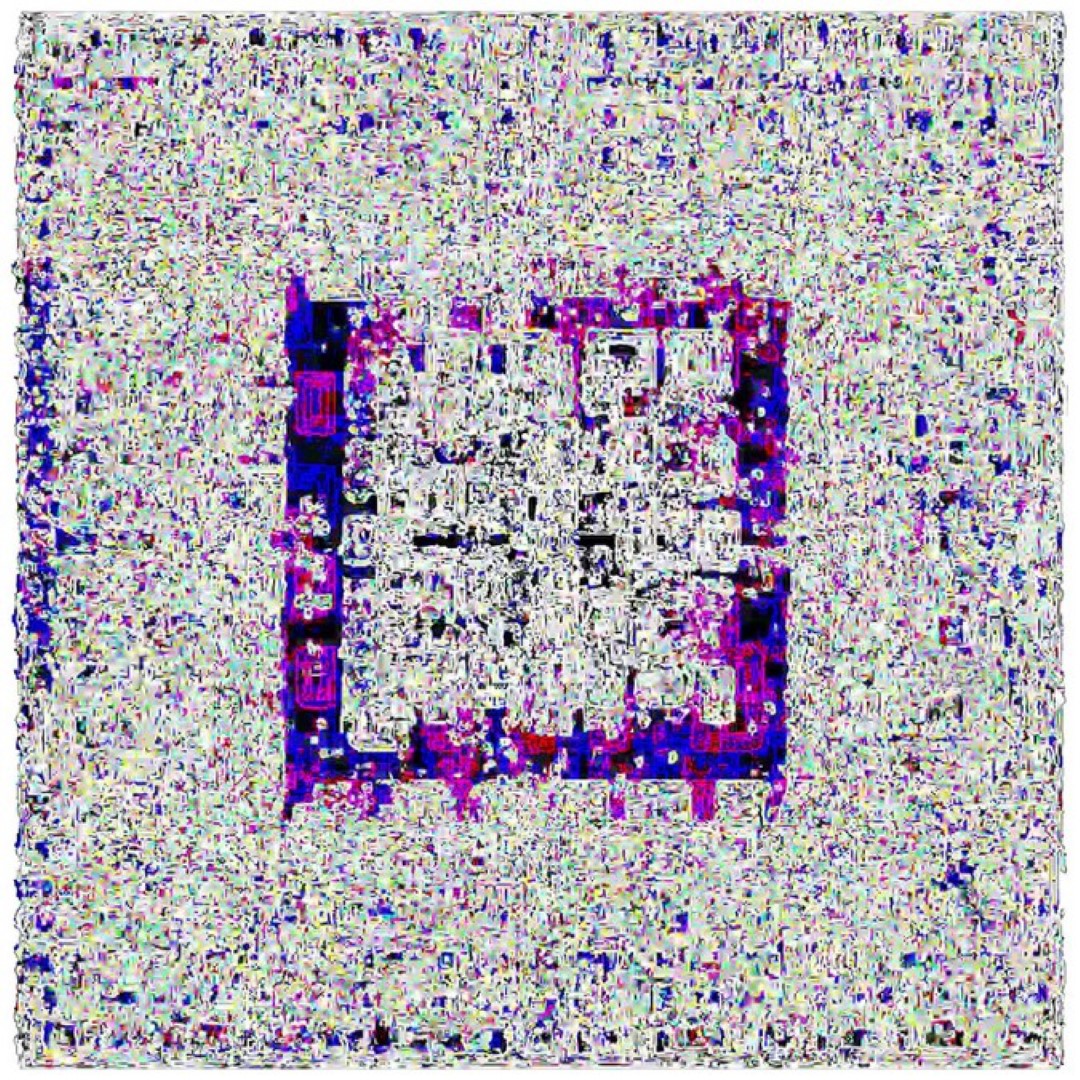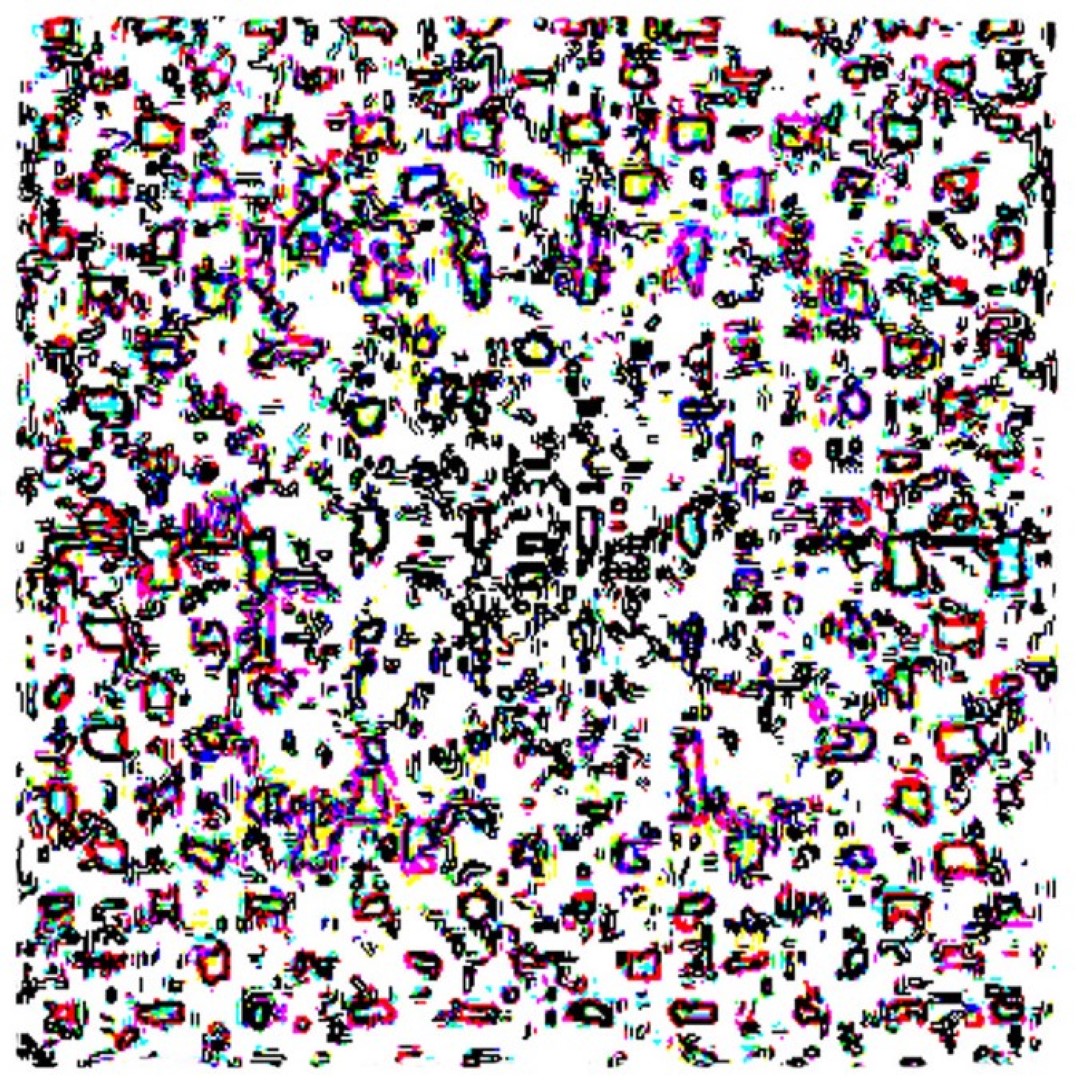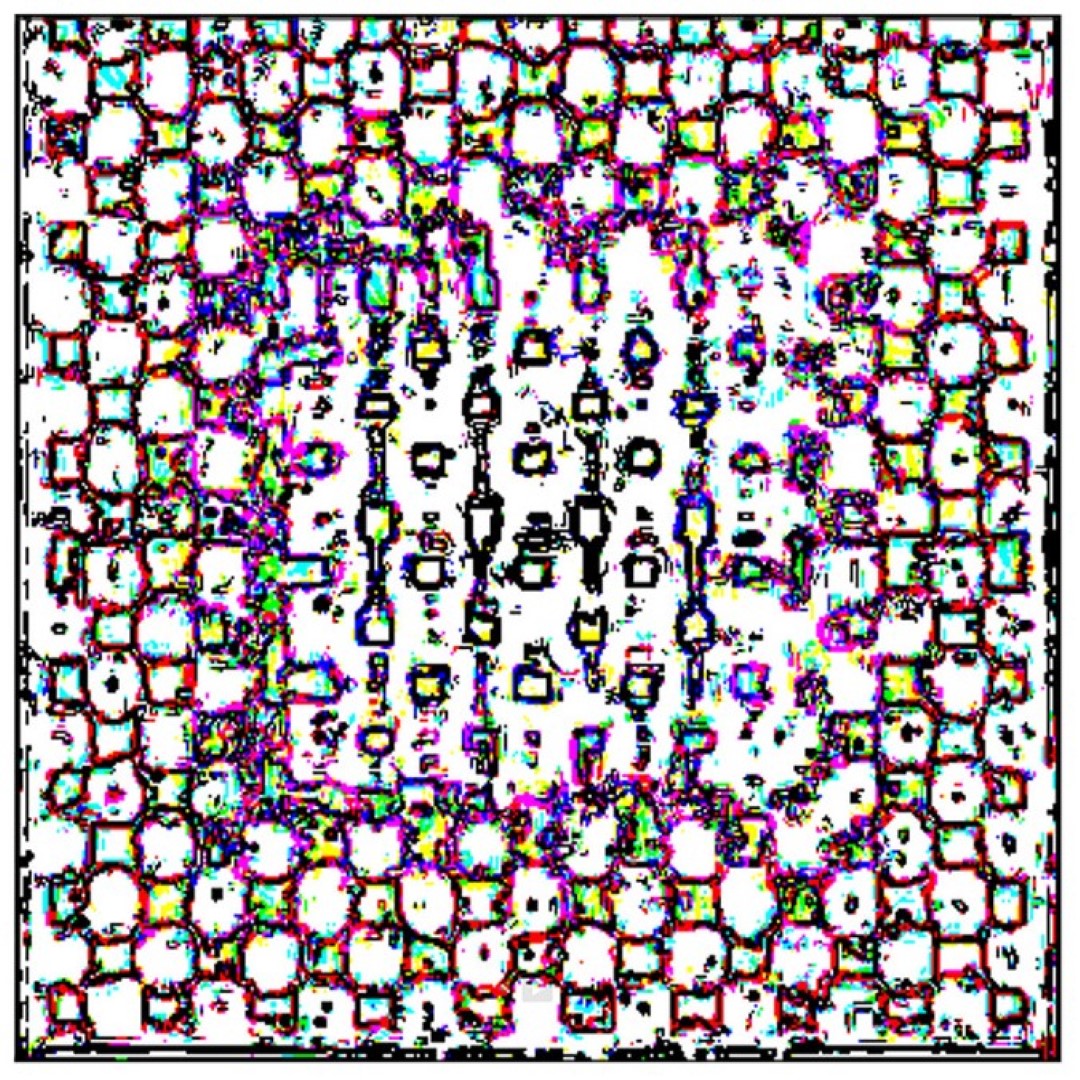The high cost of Paradigms

We suppress the things we do not wish to see, at the same time, trying to maintain, at all costs, the things that we desire most in our image of the world. Clearly the cost of supporting such a false vision of reality must eventually be paid.
As an example, think of the worldview held by Europeans living in the Middle Ages. Their vision did not include a particularly strong interest in sanitation: indeed sanitation was not very relevant in their worldview.

Nevertheless vast numbers of people were killed by the Plague, all in spite of what society happened to believe about the origin and nature of the disease.
People did not notice the connection between their suffering and their view, — or lack of it — , on sanitation. Indeed they probably took it for granted that there could be no such relationship.
However, as soon as the true connection was perceived, it became possible to change things in a positive way. So this new worldview led to revolutionary improvements in the prevention of disease and epidemics.
The Cycle of Perception and Action
Unfortunately the development of this worldview also led to the current notion that all disease is related to external causes, such as bacteria and viruses.
Disease in the twenty-first-century is, therefore, considered in terms of causes and cures, a view which is in line with the general scientific infrastructure of analysis and fragmentation. Not until recently have some scientists begun to question the exclusiveness of this current approach and ask:
Why is it that, exposed to similar causes, some people become sick and others do not?
In this way, new perceptions of the nature of disease and the environment will arise; in terms of lifestyle, stress, diet and the interaction between the psyche — nervous system — immune system.
This may,
1 day, transform the current view of how people get sick.
Constructing a Worldview
Clearly the well-being of society is intimately connected with the particular worldview it happens to hold. It is not simply a matter of [constructing a reality that pleasures us] , but of a whole cycle of thought, action and experience that leads in the long run to the order or disorder of society.

Unless a proper sensitivity and clarity about similarities & differences, change & continuity is maintained, rigidity of thought will set in.
Expressed in society as confusion and inappropriate action — all signs that thought gets entangled.
The high cost of Paradigms by D. & D. in 1987, edited & reintroduced in 2020 © M. Production Triple A Society